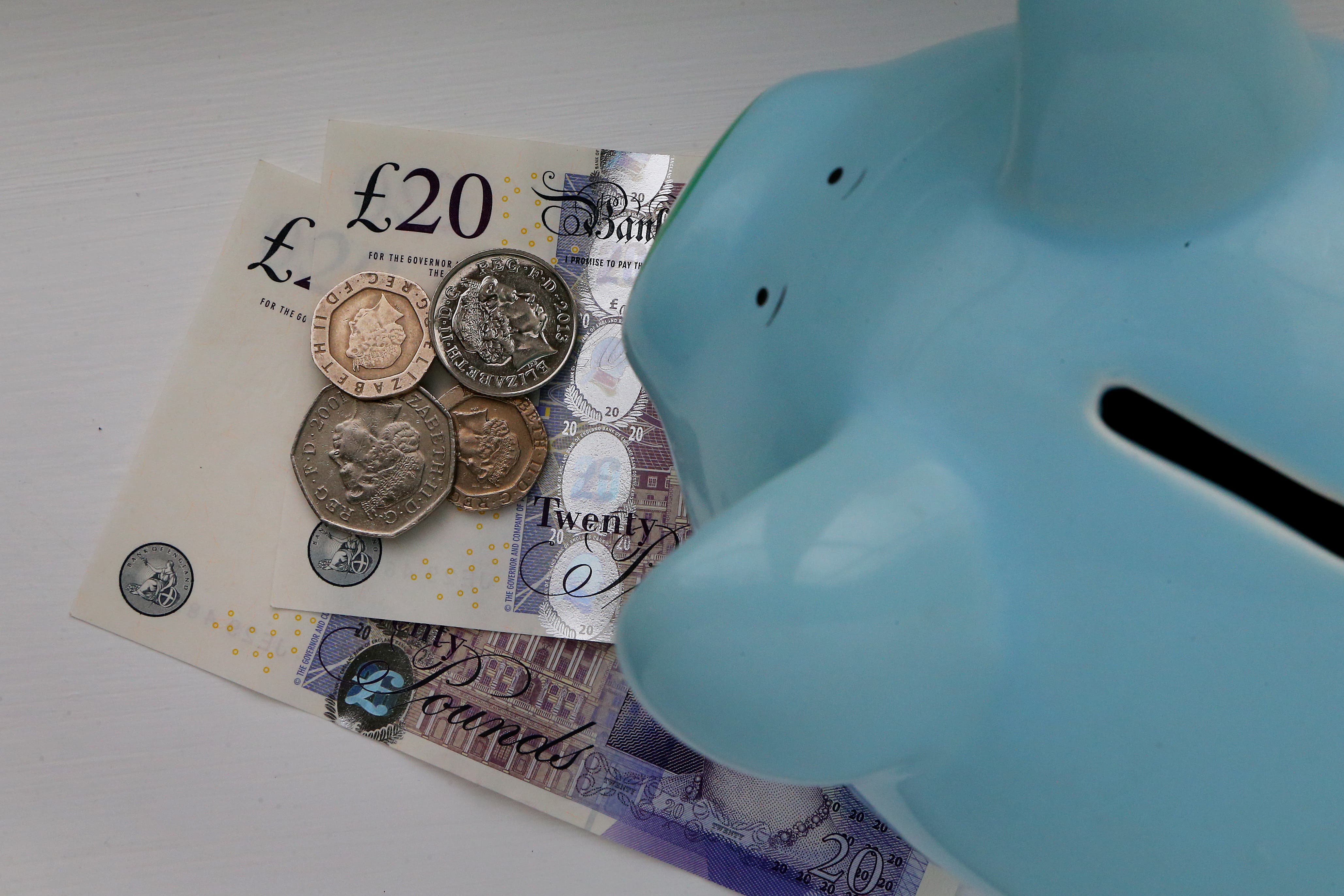What does the latest interest rate hike mean for me?
Interest rates have gone up to 3% which means people, especially mortgage holders, will face higher borrowing costs.

Your support helps us to tell the story
From reproductive rights to climate change to Big Tech, The Independent is on the ground when the story is developing. Whether it's investigating the financials of Elon Musk's pro-Trump PAC or producing our latest documentary, 'The A Word', which shines a light on the American women fighting for reproductive rights, we know how important it is to parse out the facts from the messaging.
At such a critical moment in US history, we need reporters on the ground. Your donation allows us to keep sending journalists to speak to both sides of the story.
The Independent is trusted by Americans across the entire political spectrum. And unlike many other quality news outlets, we choose not to lock Americans out of our reporting and analysis with paywalls. We believe quality journalism should be available to everyone, paid for by those who can afford it.
Your support makes all the difference.The Bank of England said it would hike interest rates by 0.75 percentage points to 3% on Thursday, the biggest single increase since 1989.
It means that rates are now at their highest level since December 2008 and the Bank warned that further rises might be required to bring down runaway inflation.
But what does the higher rate mean for households? Why has the Bank decided to make borrowing more expensive? The PA news agency explores the implications here.
Why do interest rates keep rising?
The Bank of England has said that the UK’s inflation rate is currently too high, so raising interest rates is the best tool for bringing it down.
The UK’s consumer prices index inflation rate reached 10.1% in September, with food prices rising sharply and energy costs spiking since the war in Ukraine. It means that many households are seeing their supermarket shop get more expensive, as well as other costs like petrol, clothing, and utility bills.
The Bank’s Governor, Andrew Bailey, said that he needs to act “forcefully” now, otherwise things will get worse for Britons later on.
Interest rates have risen from 0.1% to 3% since December last year, and the Bank said that it is likely it will have to put through further increases in the months ahead.
What does this mean for mortgages?
Fixed-rate mortgage holders are cushioned from the immediate impact of the base rate rise, but there are concerns that people will have to re-mortgage onto a much higher rate when they eventually come off their deal.
Some households could see their interest payments increase by around £3,000 a year if they take out a loan that is 3.5 percentage points higher, the Bank said on Thursday.
However, Governor Mr Bailey said that he now expects mortgage rates to drop from their currently very high levels. But they will still remain elevated.
This is because the higher base rate will soothe the financial markets and lead to a fall in swap rates – which is what mortgages are priced on.
The remarks could be a glimmer of hope for the 1.8 million households whose fixed deals are scheduled to end next year.
But for those who had to take out a new mortgage in the recent period of market volatility, the situation is “very unfortunate”, Mr Bailey acknowledged.
What if I have a tracker mortgage?
For the average person with a tracker mortgage – which directly tracks the Bank of England base rate – repayments will go up by £73.49 a month as a result of Thursday’s rate hike, according to figures from trade association UK Finance.
This equates to about £880 extra a year.
Mortgage advisers have said that anyone who is worried about their repayments going up should go straight to their mortgage provider for guidance.
What is going to happen to prices in the future?
Inflation is expected to peak at around 11% towards the end of this year, and then gradually get much lower over the next few years meaning that people will see price rises ease.
Higher interest rates help with this because it encourages people to save, rather than spend and borrow, which lowers the rate of inflation.
Meanwhile, households have begun to receive support from the Government that will help with spiralling energy bills.
The typical household will see their energy bills capped at £2,500 until April next year, after which the Government is due to introduce more targeted support measures.